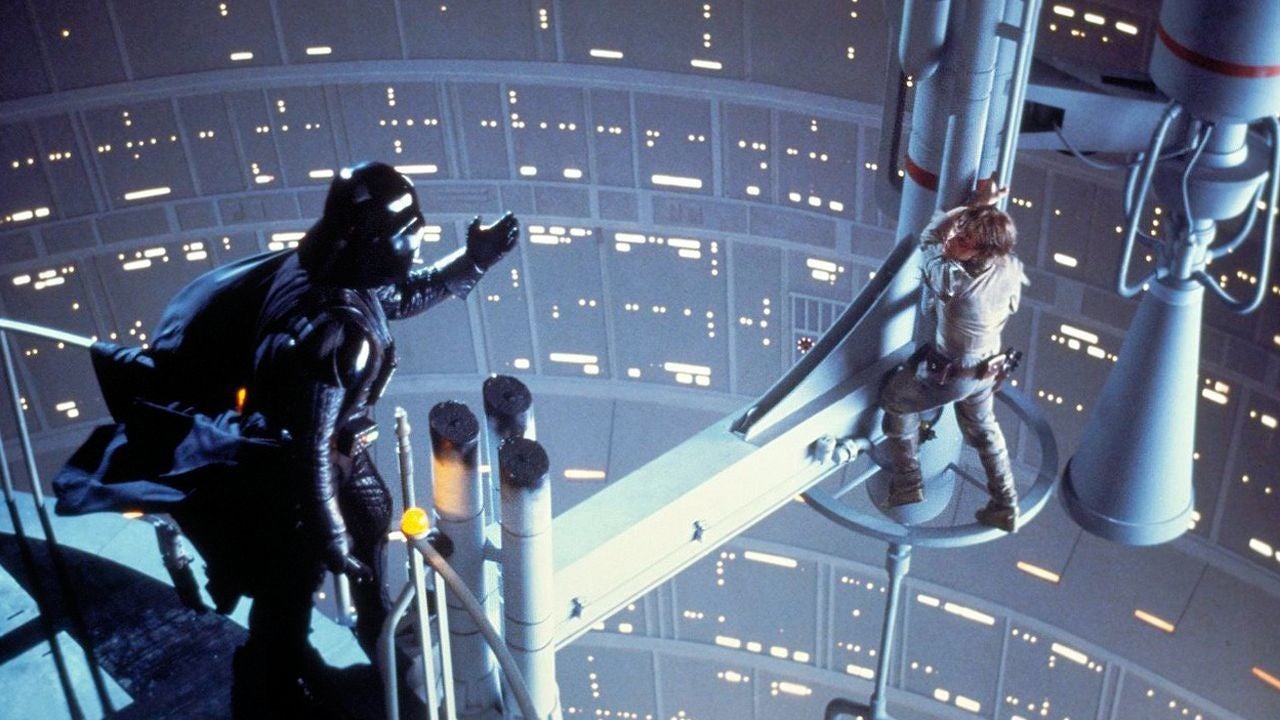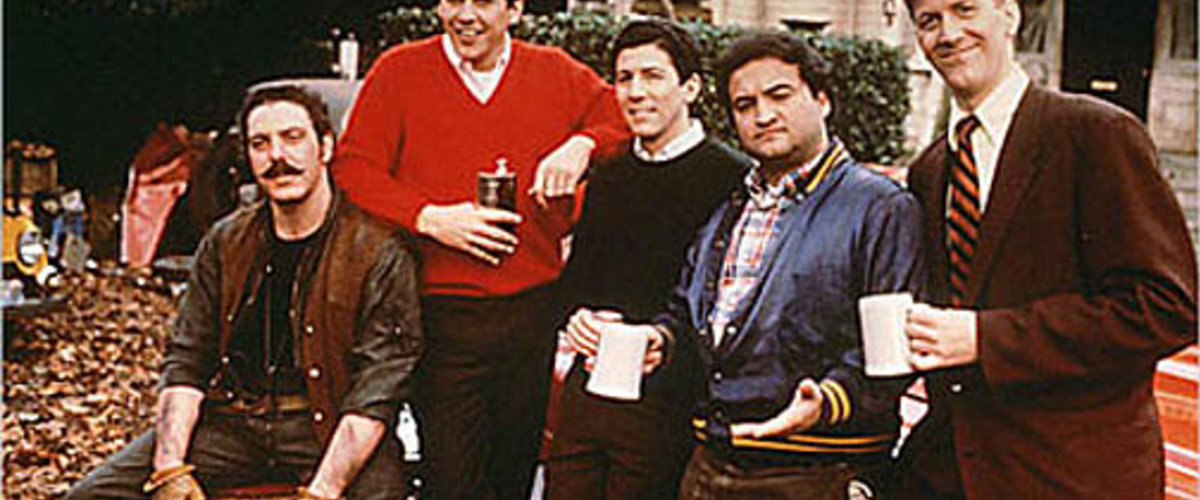
Directed by: Alex Proyas
Starring: Gerard Butler, Brenton Thwaites, Nikolaj Coster-Waldau, Chadwick Boseman, Courtney Eaton, Geoffrey Rush, Rufus Sewell, Bryan Brown
My expectations were not high going into Gods of Egypt. It does not do much to distinguish itself from other sword and sandal epics, but it has some charm as a CGI B-movie. Director Alex Proyas has made dark, futuristic films such as The Crow and Dark City, both with striking visuals. Gods of Egypt is a strange bird indeed. Nearly every scene looks to be acted in front of a blue screen, yet I think this is a deliberate style choice. Is Proyas paying homage to sword and sandal epics of the 1950s and 1960s using CGI? Possibly. The movie is no better or worse than similar movies released in the last few years. I expected a lot worse.
In Gods of Egypt, the rulers of Egypt are in fact gods themselves. As the film opens, the evil Set (Butler) usurps control of Egypt after killing his brother and removing his nephew's eyes after a hand-to-hand combat battle. The gods do shape-shift into large, fierce dragon-looking thingies, but prefer to go mano a mano. I would assume this would keep its human actors onscreen longer. Horus (Coster-Waldau), the nephew, is cast into exile after Set exhibits a rare bout of mercy. Set uses the mortals as slaves to build a tall, tall tower in tribute to his father, Ra the Sun God (Rush). When Set asks his father if the monument was tall enough, Ra replies, "Any taller and it would be in my way."
A mortal named Bek (Thwaites) meanwhile plots the overthrow of Set after his underling mortally wounds his love Zaya (Eaton). He needs a god to help him and finds the exiled Horus, but not before eluding a bunch of obstacles to retrieve Horus' missing eyes. The vengeful Horus agrees to help Bek and promises to somehow restore Zaya to the land of the living. In Gods of Egypt, the afterworld is a big thing and dead people do not return from it. However, in movies like this, you know these rules forbidding the resurrection of the dead will be bent, broken, or changed at the whims of the script.
Bek and Horus form an uneasy alliance because Bek is a mortal, while Horus is a god. It is amusing when Horus attempts to pull rank on Bek but is rebuffed. You have to admire the balls on this kid. Set learns of Horus' attempts at vengeance and tries to destroy anyone who stands in his way. Set at least follows my advice which other super villains in other movies have ignored. Instead of just going for the gusto and trying to take over the universe in one shot, Set is content to rule Egypt for starters. He has goals and since he is a god, he will theoretically have lots of time to make good on his other goals if Horus does not get to him first.
The gods can kill other gods in this movie. In some cases, it is relatively easy, involving stabbing with a sword through the stomach. I think this happens to Ra at some point, but he is there at the end in full force. Poor Ra is supposedly the greatest of all Egyptian gods, but his headquarters above the Earth are underwhelming. He actually has to physically fight off a humungous monster with rows of sharp teeth every single night so the world is not swallowed whole. Why is the head honcho of the Egyptian gods doing this himself? Why does he not have an army at his disposal so he can kick back? His entire existence is drudgery. He should find somewhere else in the universe to retire to.
The actors do not condescend to the material. They gamely perform their roles, which lends some gravitas to the proceedings. They may know the movie is ridiculous, but they seem to be enjoying themselves. Gerard Butler's role is not a million miles removed from his work in 300. He even gives a pep talk to his minions whom he sends out to be slaughtered. One of them should have spoken up and said, "No way dude. You said the Spartans would be alright and look what happened to them." Coster-Waldau and Thwaites are earnest heroes, while the women in the film dress scantily, but not scantily enough to earn and R rating.
Gods of Egypt is inherently silly and at least it's not irretrievably boring. Since CGI technology is seamless these days, Proyas made a choice to make it look cheesy, but in a way that the sets in 1930's Flash Gordon serials or epics from the 50's looked equally cheesy. Gods of Egypt almost plays like a CGI throwback to its early days. You would expect that sooner or later, a director would choose to pay homage to the dawn of CGI. Twenty years from now, we will likely be referencing those Avengers films from the 2010s as "the good old days" also.















